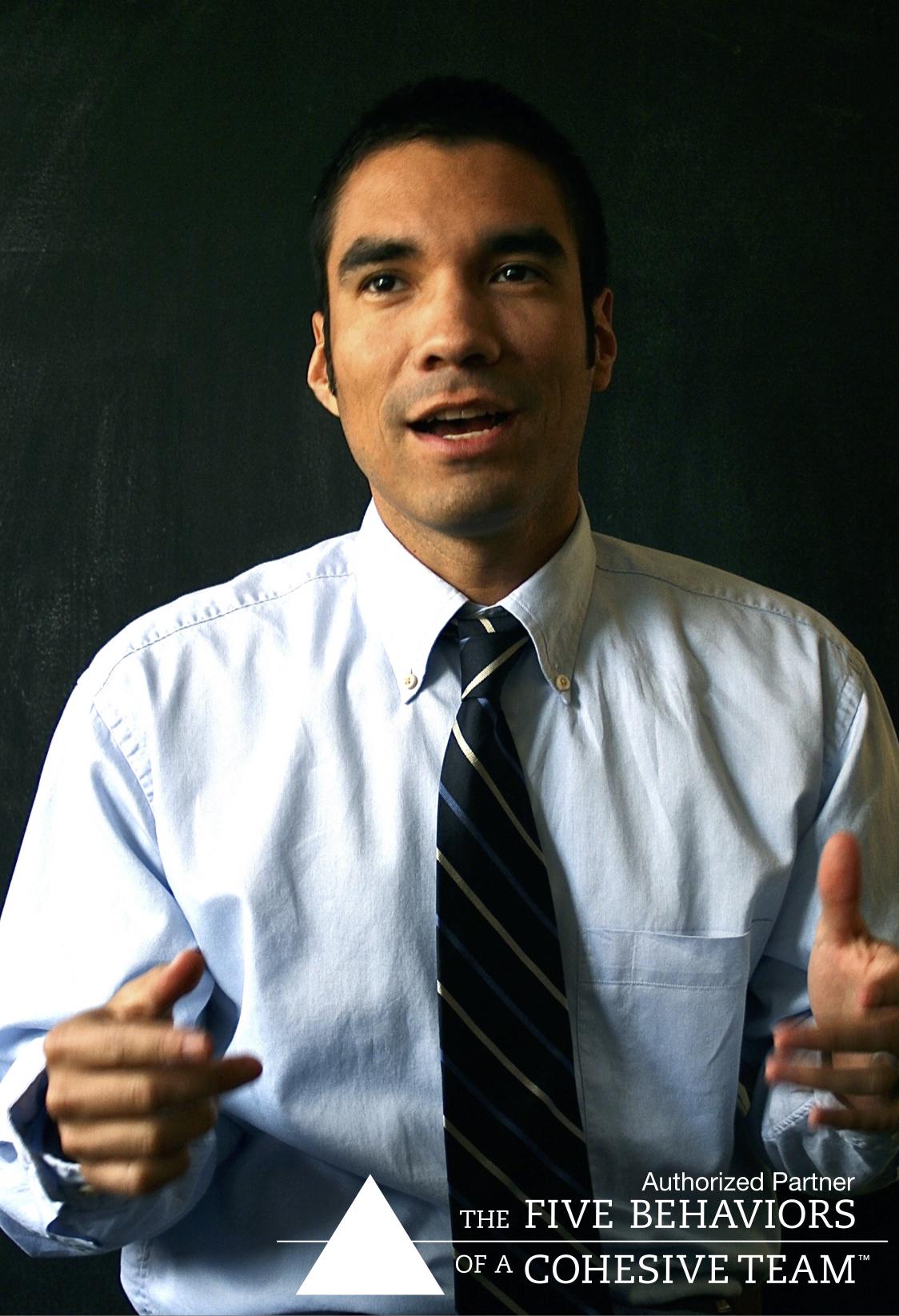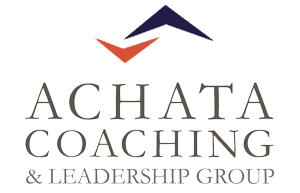What Makes a Cohesive Team?
The Five Behaviors of a Cohesive Team™ is the result of the partnership between Wiley Workplace Learning Solutions and best-selling author Patrick Lencioni. Together we have created a team development program with a simple goal—to improve team effectiveness and productivity through the understanding and application of The Five Behaviors™: Trust, Conflict, Commitment, Accountability, and Results.
How Does a Team Learn to Trust?
Vulnerability based trust is not taught, it’s caught. The experience of learning each other’s stories and unique personalities builds teams like nothing else. Our experience has shown that it seems counter-intuitive, but taking the time to go slow in this area, is what will help you eventually go fast.
In the Harvard Business Press book, Strategic Speed, the findings of the forum corporation were that the companies who tried to speed through the mission ended up going slower. While the ones who ended up going the fastest were the ones who paid attention to the people factors. They slowed down to learn lessons, get clear on who they were, and where they were going. Take the time to go slow, it will speed you up in the end.
How Do You Merge a Team After an Acquisition?
The Five Behaviors of a Cohesive Team™ is a tool that Achata Coaching Inc. uses as part of a larger process to build the foundation of trust and a common goal between team members. Integrating new team members after an acquisition is kind of like an adoption. The new child must learn the new norms of the family, then begin integrating in to it’s practices.
Our work focuses not only on building a healthy team, but on helping the new team find a common goal to work toward and design a simple, transferable strategy to make sure the goals of the company are met.
Is There Such a Thing as Healthy Conflict?
When we ask teams where they learned their conflict management skills we get one of two answers.First, “We never learned any skills.” Second, “We learned it on the playground.” Additionally, when we ask teams the words that come to their mind they talk about fear, avoidance and wasted time. It’s no wonder organizations loose so much money due to conflict–people don’t know how to deal with it and they avoid it.
Margaret Hefernan says, “We have to see conflict as thinking, and get really good at it.”
When we move our teams to the place where they understand how to navigate healthy conflict, then the combined wisdom of the group can be activated.
The Five Behaviors of a Cohesive Team™ plays a part in this process by creating a safe space to address conflict in a healthy way and provide the atmosphere for a team to design conflict norms that work best for them.
Do You Want to See Your Strategy Go Through to Completion?
Studies show that 80% of strategic initiatives fail. It’s not because of poor planning. Most of the time it’s because of a lack of clarity, commitment and focus on the team. Being smart is one thing. But being healthy is another.
A healthy team knows how to interact with each other, even when things don’t go well. Over time, a healthy team will get smarter and the plan will get done. The real work, therefore, is relational. Yes, planning is important, and we focus on that. But before we get there, we must address the overall health of the team.
Other Services
Achata Coaching Inc. also designs executive offsites and offers executive coaching. We utilize a number of tools including:
The Thomas-Kilmann Conflict Mode Instrument (TKI®) tool is the world’s best-selling tool for helping people understand how different conflict-handling styles affect interpersonal and group dynamics—and for empowering them to choose the appropriate style for any situation.
The Myers-Briggs Type Indicator® (MBTI®) assessment has helped millions of people worldwide gain insights about themselves and how they interact with others—and improve how they communicate, learn, and work. It provides a powerful framework for building better relationships, driving positive change, harnessing innovation, and achieving excellence.
The California Psychological Inventory™ (CPI™) assessments are powerful tools to help leaders improve performance, and enable organizations to find and develop high-potential leaders for organizational success.
What Clients Say About Working with David
About David Achata
David Achata is an ICF certified executive coach specializing in helping leaders gain clarity around their vision and implementing simple, transferable strategies.
He has worked with leaders and teams from multi-billion dollar companies as a trainer, facilitator and organizational health consultant.
David holds additional certifications as a practitioner of the Meyers-Briggs® & CPI 260® assessments, is a certified mentor coach through the College of Executive Coaching and an authorized partner with The Five Behaviors of a Cohesive Team.™
He lives in the Mountains of east Tennessee with his wife and two children.



